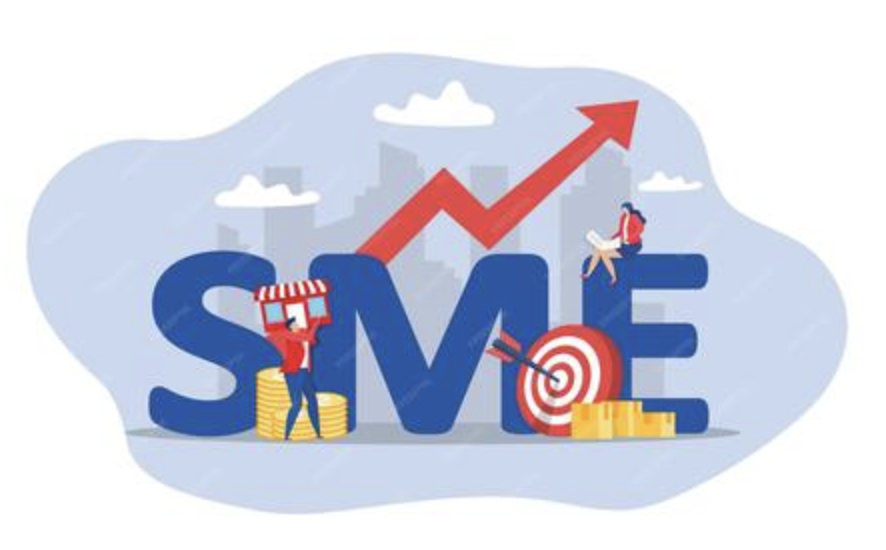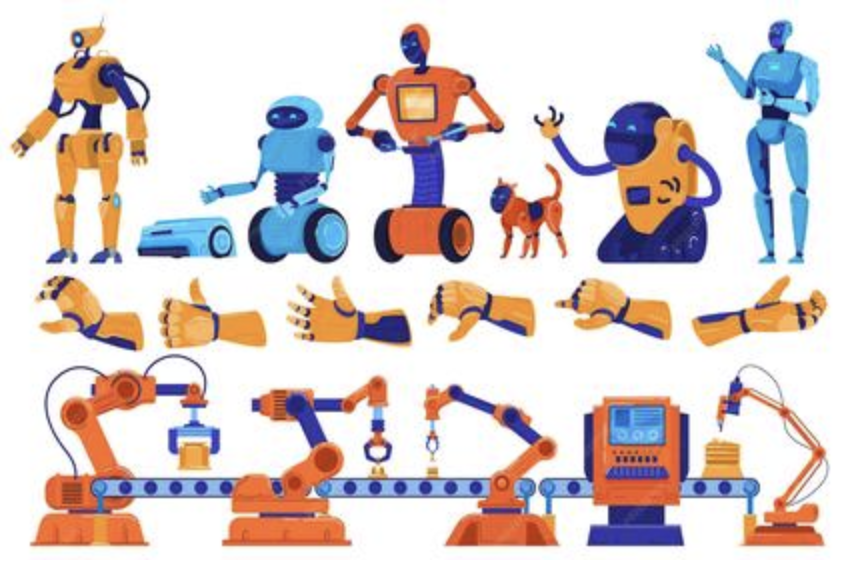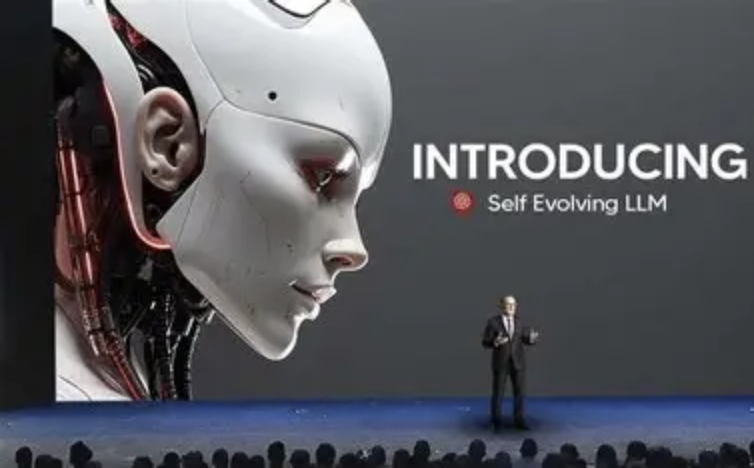AI: SMEs’ Gateway to Big-Company Prowess
For many years, smaller and medium-sized companies (SMEs) experienced a significant shortfall in resources compared to larger corporations—until the arrival of artificial intelligence. Nowadays, smart technologies are making capabilities that were traditionally exclusive to industry titans accessible to SMEs, enabling them to excel in innovation, productivity, and customer satisfaction without the pressure of extensive financial resources. This transformation not only balances competitive dynamics but also changes the potential accomplishments of SMEs.

Large corporations depend on data to control markets, whereas AI provides SMEs with precise, targeted insights. Solutions such as BrightData’s AI analytics analyze specific consumer tendencies—from luxury interior design in Zurich to handmade skincare trends in Tokyo—allowing SMEs to customize products for neglected market segments. For instance, a small furniture manufacturer utilized AI to uncover a need for eco-friendly teak items featuring sleek hardware, which led to a 40% reduction in development time and a 25% increase in profit margins.
Flexible Supply Chains Without Massive Scale
While major corporations thrive on high volumes, AI empowers SMEs to create responsive supply networks. Tools like Blue Yonder utilize machine learning to anticipate shortages in raw materials, refine logistics routes, and even foresee shipping issues. A family-owned wine exporting business now modifies orders based on AI-enhanced forecasts regarding climate-influenced harvest yields, resulting in an 18% decrease in waste and guaranteed timely deliveries to Michelin-starred venues—previously an advantage exclusive to large distributors.

Customized Customer Experiences at Scale
Large brands invest significant amounts in customer relationship management, yet AI equips SMEs to offer personalized interactions. Chatbots driven by GPT-4 refine suggestions based on former engagements, while applications like Dynamic Yield personalize web content instantly. An upscale watch retailer, for example, leverages AI to recommend straps that align with a buyer’s purchase behavior and social media trends, boosting repeat purchases by 30%—matching the loyalty metrics of major luxury corporations.
Compliance & Risk Management: Smarter Solutions
Dealing with international regulations can be burdensome for SMEs, but AI streamlines the compliance process. Tools such as ComplyAdvantage employ natural language processing to keep track of changing regulations—from GDPR in Europe to CCPA in California—and automatically identify risks. A tech startup focusing on smart home products reduced legal advisory expenses by 50% after adopting AI compliance technologies, steering clear of expensive penalties and opening doors to new markets previously classified as too risky.
Large firms entice leading talent with benefits, yet AI helps SMEs enhance their hiring process. Services like Greenhouse utilize AI to evaluate candidates for cultural fit and concealed abilities, decreasing employee turnover by 22%. A small marketing firm now identifies promising freelancers from worldwide talent pools using AI, forming specialized teams for clients that can compete with those at larger agencies—without incurring the costs associated with full-time personnel.
AI: The New Edge for SMEs
AI serves as more than just a tool for SMEs—it represents a key strategic asset. By harnessing big-company capabilities in data analysis, supply chain optimization, and customer interaction, AI allows smaller firms to utilize their adaptability and specialized knowledge to outperform larger competitors. For astute investors and entrepreneurs, this signifies that SMEs are not merely “small”—they are intelligent, scalable, and ready to spearhead the upcoming wave of industry advancements.

(Writer:Dick)





